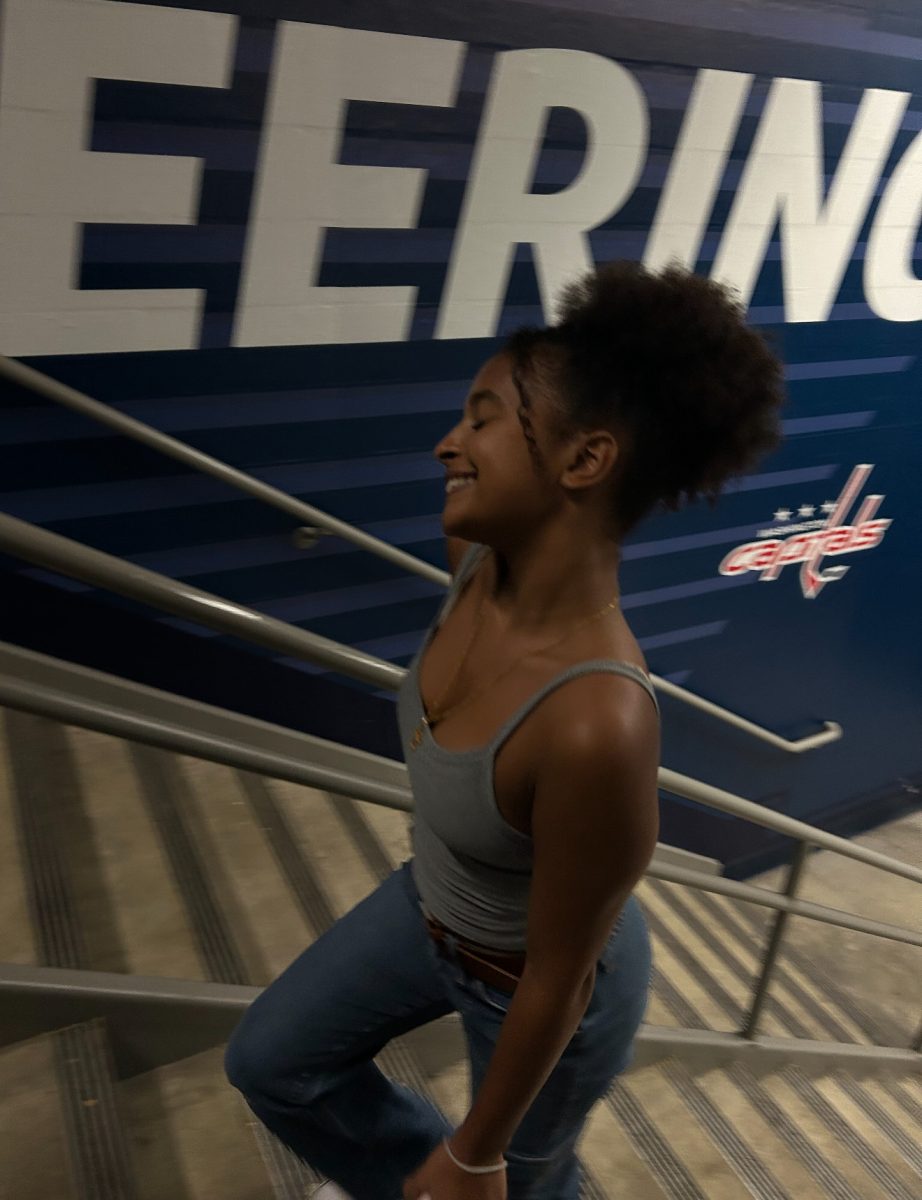In the ever-evolving landscape of the music industry, the phenomenon of artists “falling off” from the heights of popularity is a topic that warrants deeper exploration. Artists like Chance the Rapper and Lil Skies serve as major examples of individuals who experienced skyrockets to fame, only to face the harsh reality of wavering popularity and diminishing relevance.
Chance the Rapper, once hailed as a beacon of independent success and celebrated for his genre-defying mixtapes, has experienced a significant decline in his career trajectory. From his groundbreaking project “Acid Rap” to the Grammy-winning “Coloring Book,” Chance captured the hearts of fans and critics alike with his unique blend of gospel-infused hip-hop and introspective lyricism.
However, as his following releases failed to resonate with audiences to the same extent, Chance found himself grappling with the daunting challenge of maintaining relevance in an increasingly competitive industry. With his next project, “Good Days,” meant to be his magnum opus, and with fans awaiting a masterpiece, they were let down heavily. There was no direct reasoning other than his sound no longer matching the music that his audience was looking for.
Similarly, Lil Skies emerged as a promising artist in the scene of SoundCloud rap, amassing a dedicated following with his melodic flows and emotionally charged lyrics in his debut album “Good Grades Bad Habits.” His breakout single “Red Roses” propelled him to the forefront of the genre, garnering millions of streams and catapulting him to fame seemingly overnight. Yet, as the novelty of his sound wore off and the landscape of hip-hop evolved, Lil Skies struggled to sustain the momentum of his early success, facing diminishing returns and a dwindling fanbase.
The sudden rise of an artist can indeed be a double-edged sword, as it brings with it immense pressure to maintain relevance and meet heightened expectations. In an era characterized by fleeting trends and rapidly shifting tastes due to the volatility of the internet, artists who experience rapid ascents to stardom often find themselves grappling with the harsh realities of the industry’s fickleness. The same factors that propel an artist to the heights of popularity can just as swiftly contribute to their downfall, as the spotlight moves on to the next emerging talent.
For Chance the Rapper and Lil Skies, the challenges of navigating the aftermath of their initial successes have been compounded by the relentless scrutiny of critical music fans. and the ever-present pressure to deliver commercially viable projects. As they struggle with the complexities of artistic evolution and the demands of a voracious consumer base, both artists have faced criticism and skepticism from fans and critics alike.
The concept of artists “falling off” speaks to the ephemeral nature of fame and the cyclical nature of the music industry. While some artists can weather the storms of fluctuating popularity and emerge stronger on the other side, most of which can be accredited to cult-like fan bases that will stick with them no matter how bad the music or actions may be. Others find themselves relegated to the annals of musical history, their once-bright careers overshadowed by the relentless march of time.
In conclusion, the rise and fall of musical artists like Chance the Rapper and Lil Skies serve as an example that even if you work your way to the top and reap the rewards of great fame and success, longevity of such is never guaranteed. Their respective journeys serve as cautionary tales of the pitfalls of rapid success and the challenges of maintaining relevance in an ever-changing landscape.
As the industry continues to evolve, artists must navigate the delicate balance between artistic integrity and commercial viability, while they face the harsh reality of the choice between creating musical art that may resonate with them or hold true and rich meaning within, or succumbing to the opinions of fans, and create billboard made songs with only the goal of maintaining popularity. With fans only option to have to move past someone they may have once seen as their favorite artist, to another song always skipped. This is because even if you may be at the forefront of an artist’s fanbase, it is still just as easy to be let down by a new project, or a new sound, that doesn’t match the glory of what had hooked you so strongly in the past.


























![The Phoenix varsity volleyball team lines up for the national anthem. “We were more communicative [with each other] during this game, and I feel like we kept our energy up, especially after the first set,” senior Jessica Valdov said.](https://theblazerrhs.com/wp-content/uploads/2024/10/DSC_0202-1200x800.jpg)










![Junior Alex Alkhal pitches the ball. “[I] just let it go and keep practicing so we can focus on our goal for the next game to get better as a team,” Alkhal said.](https://theblazerrhs.com/wp-content/uploads/2025/05/DSC_0013-1-1200x929.jpg)




















